PraderWilli syndrome MedlinePlus
11463 PraderWilli Syndrome Association (USA)
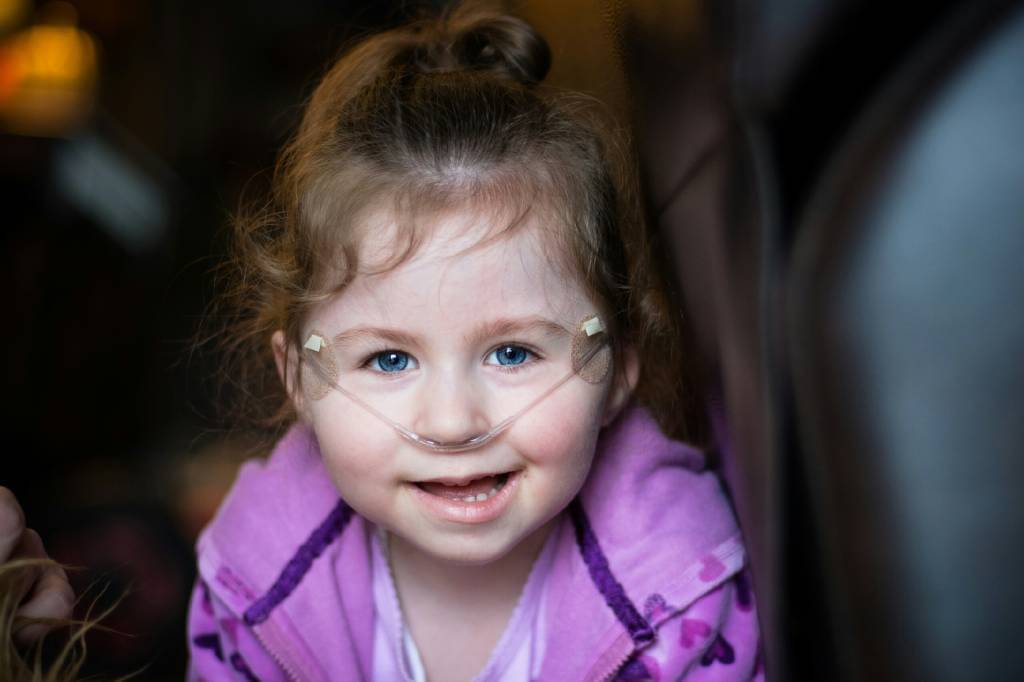
Distinctive features. Children with Prader-Willi syndrome may also have distinctive features, including: almond-shaped eyes. eye problems. a narrow forehead at the temples. narrow bridge of the nose. a thin upper lip and a downturned mouth. unusually fair hair, skin and eyes. small hands and feet.
Early Years PraderWilli Syndrome Association NZ
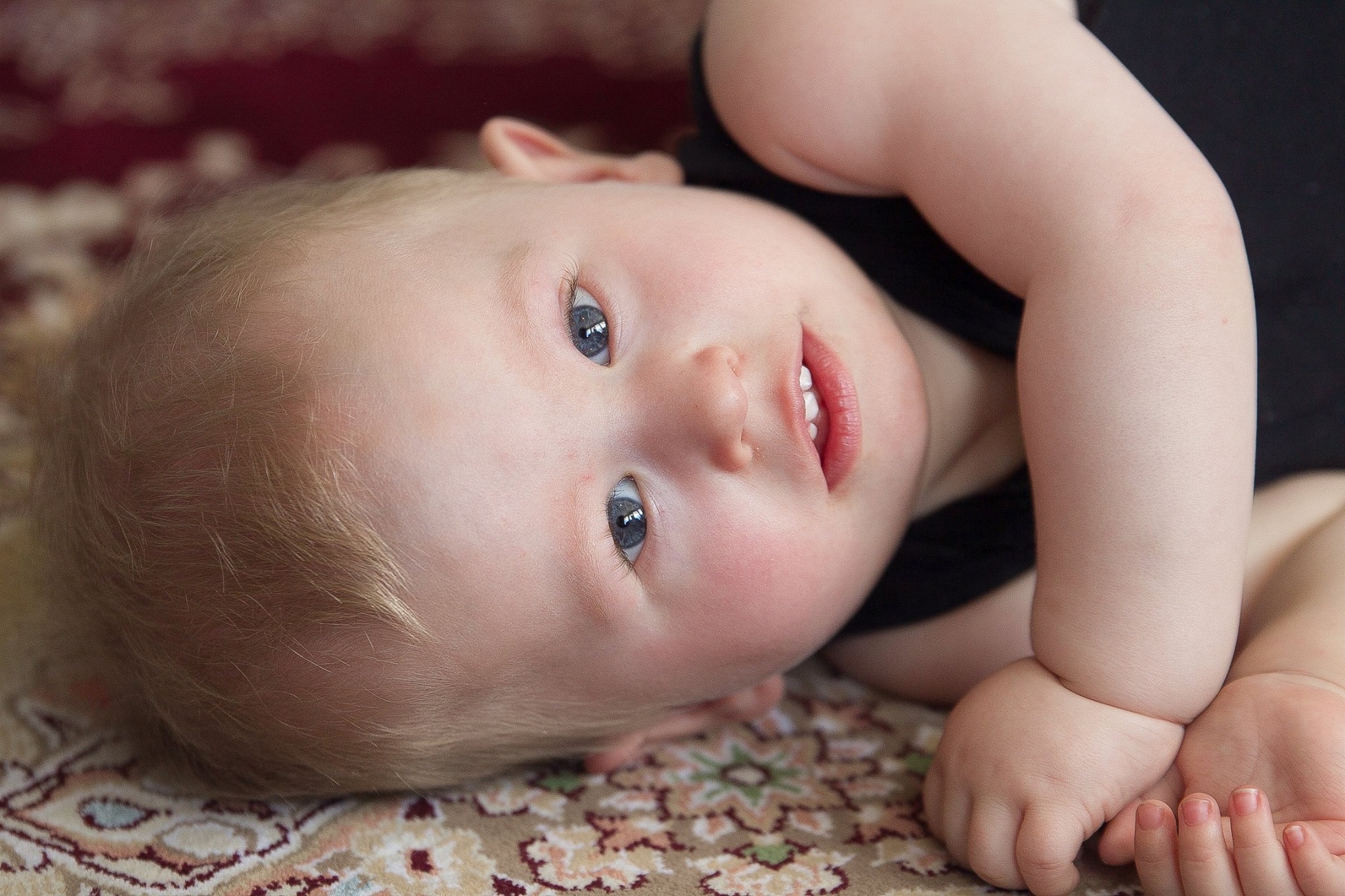
Prader-Willi syndrome can usually be diagnosed using a series of genetic tests. Genetic testing. Genetic testing can be used to check the chromosomes in a sample of your child's blood for the genetic changes known to cause Prader-Willi syndrome.. As well as confirming the diagnosis, the results should also allow you to determine the likelihood of having another child with the syndrome.
ImprintingMutation Mechanisms in PraderWilli Syndrome The American Journal of Human

Prader-Willi syndrome is caused by some missing genetic material in a group of genes on chromosome number 15. This leads to a number of problems and is thought to affect part of the brain called the hypothalamus, which produces hormones and regulates growth and appetite. This may explain some of the typical features of Prader-Willi syndrome.
PPT LIVING WITH PRADERWILLI SYNDROME PowerPoint Presentation, free download ID494243
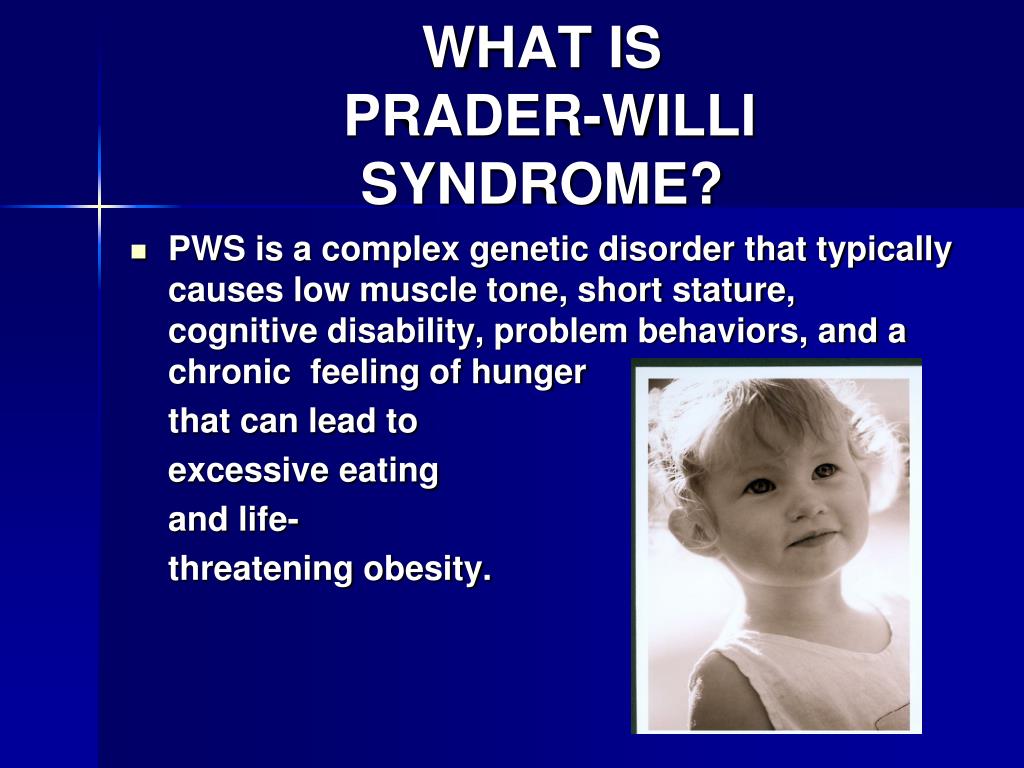
Symptoms of Prader-Willi Syndrome. Many symptoms of Prader-Willi syndrome vary according to the child's age. Newborns with the defect feel limp, feed poorly, and gain weight slowly. Eventually these symptoms resolve. Then, between the ages of 1 and 6, appetite increases, often becoming insatiable. Children rapidly gain weight.
PraderWilli Syndrome Pictures, Symptoms, Treatment, Life Expectancy

Prader-Willi syndrome (PWS) is a multisystemic complex genetic disorder caused by lack of expression of genes on the paternally inherited chromosome 15q11.2-q13 region. There are three main genetic subtypes in PWS: paternal 15q11-q13 deletion (65-75 % of cases), maternal uniparental disomy 15 (20-30 % of cases), and imprinting defect (1-3 %).
PraderWilli Syndrome Cause, Symptoms, Diagnosis, Treatment

Prader-Willi syndrome (PWS) is a rare genetic syndrome marked by low muscle tone, below average growth in infancy, excessive appetite, and low muscle mass in adulthood. First identified in the.
Delilah's Journey PraderWilli Syndrome
Symptoms of Prader-Willi Syndrome. At first, an infant with Prader-Willi syndrome will have trouble growing and gaining weight (failure to thrive). Because of weak muscles (hypotonia), the infant is not able to drink from a bottle and may need special feeding techniques or tube feedings until his/her muscles become stronger.
Álbumes 93+ Foto Síndrome De Praderwilli Fotos Actualizar
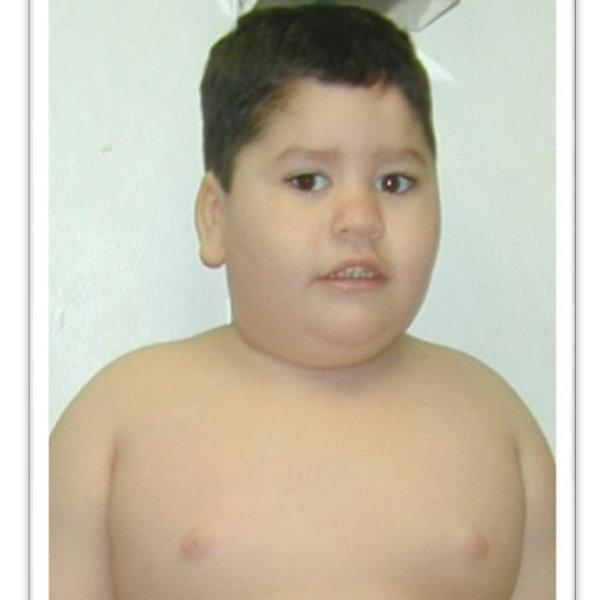
One reason for this is Prader-Willi syndrome (PWS) - a genetic disorder that impacts a child's development and appetite. It's rare - seen in only approximately 1 in 30,000 worldwide. Those diagnosed with PWS struggle with eating throughout their life. Newborns resist feeds before falling into a pattern of overeating as they age, which.
Prader Willi Syndrome Symptoms, Causes, Complications, Pictures Diseases Lab

Prader-Willi syndrome (PWS) is a rare genetic condition that affects your child's metabolism and causes changes to their body and behavior. They have severe low muscle tone and poor feeding during early infancy, followed by a tremendous appetite that develops between 2 and 6 years of age. This can lead to severe obesity if excessive eating.
Prader Willi Syndrome What Is Prader Willi Syndrome?
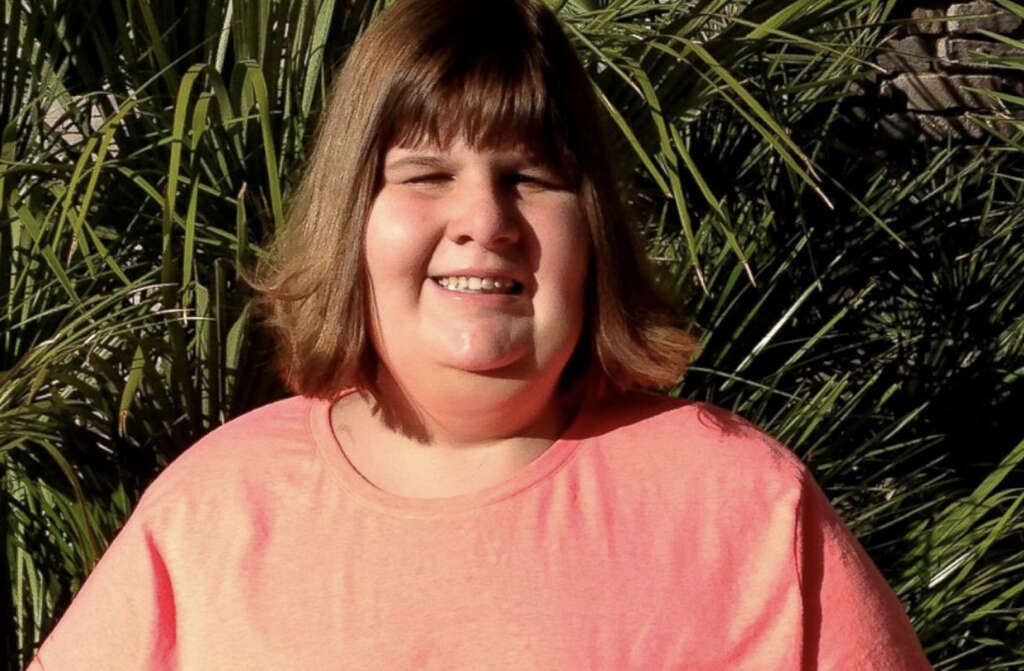
Wat is Prader-Willi syndroom? Het Prader-Willi syndroom is een zeldzame aangeboren en complexe aandoening met een genetische oorzaak en is niet te genezen. De oorzaak is het niet tot uiting komen van een stukje genetisch materiaal op chromosoom 15. In Nederland worden er ongeveer 10-12 kinderen per jaar met het Prader-Willi syndroom (PWS) geboren.
PraderWilli Syndrome Cause, Symptoms, Diagnosis, Treatment

They may have difficulty balancing and learning to walk and many people with PWS need help with their learning. The parts of the body which show if they are a boy or a girl may not grow properly. They often find it hard to control their emotions and can easily get angry or frustrated when they do not understand what is being said or what is.
What is Prader Willi Syndrome (PWS)? Interaction Disability Services
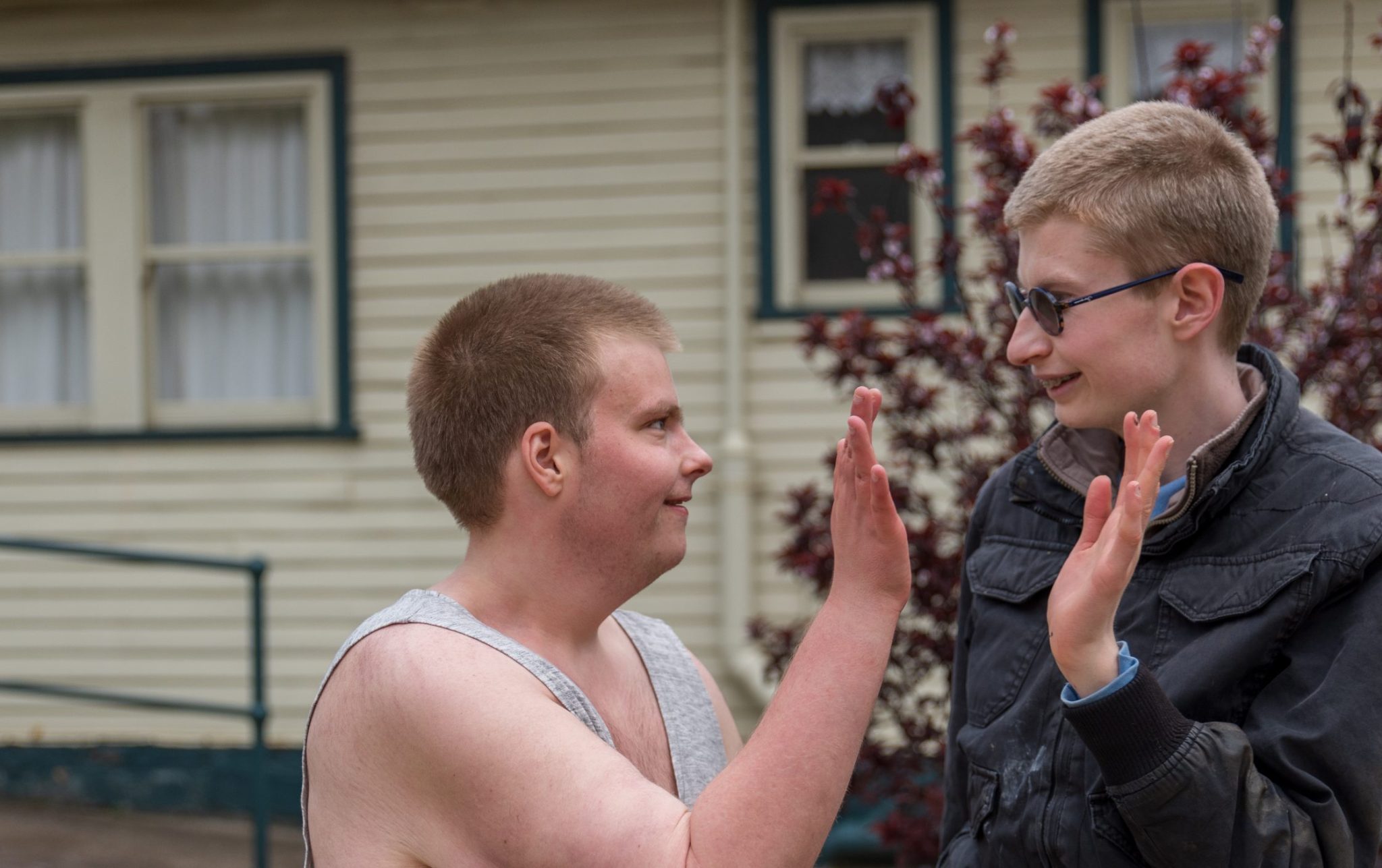
Prader-Willi syndrome (PWS) is characterized by severe hypotonia, poor appetite, and feeding difficulties in early infancy, followed in early childhood by excessive eating and gradual development of morbid obesity (unless food intake is strictly controlled). Motor milestones and language development are delayed. All individuals have some degree of cognitive impairment. Hypogonadism is present.
PraderWilli syndrome Floppy and Hungry Creative Med Doses

Prader-Willi syndrome is a chromosomal deletion syndrome in which part of chromosome 15 is missing or malfunctioning. (See also Overview of Chromosome and Gene Disorders.) About 70% of people who have Prader-Willi syndrome are missing part of chromosome 15. About 30% of people who have this syndrome have problems with the function of chromosome 15.
PraderWilli Syndrome CRASH! Medical Review Series YouTube

People with Prader-Willi syndrome may not report pain and they rarely vomit. Binge eating can also cause choking. Rarely, a person may eat so much that it causes stomach rupture. Reduced quality of life. Behavioral problems can interfere with family functioning, successful education and social participation.
What is PraderWilli Syndrome

It may be a good idea to break down their exercise into 5- to 10-minute sessions throughout the day to stop them getting tired and discouraged. Your care team should be able to recommend a suitable exercise plan. People with Prader-Willi syndrome usually prefer individual activities to team sports, such as: swimming.
Clinical Pathology Glossary PraderWilli Syndrome ditki medical & biological sciences

Prader-Willi syndroom (PWS) Het Prader-Willi syndroom (PWS) is een aandoening waarmee je kind geboren wordt. Het syndroom leidt meestal tot een tragere ontwikkeling. Ook kan je kind allerlei klachten krijgen, zoals slappe spieren en ernstige honger.